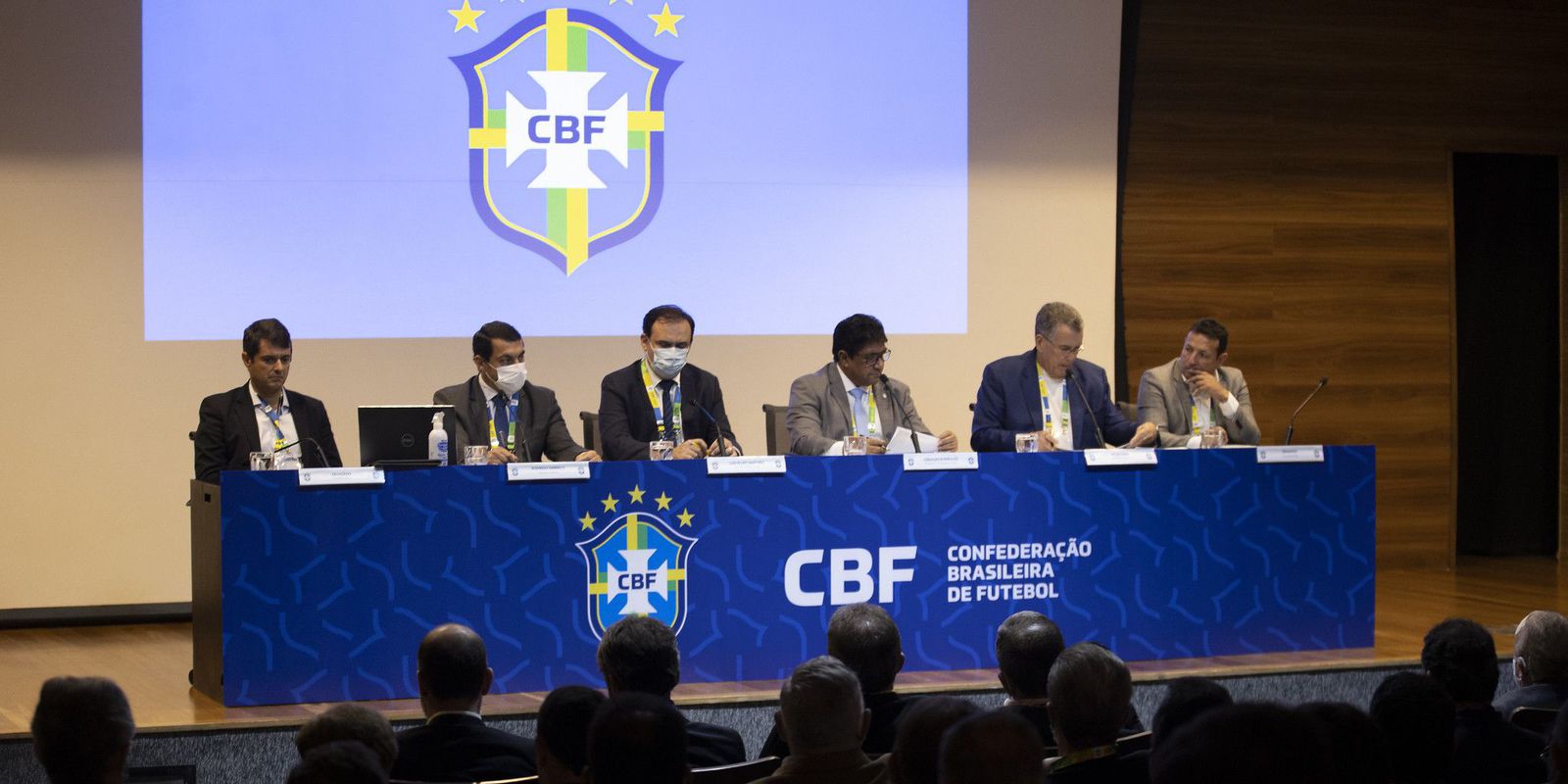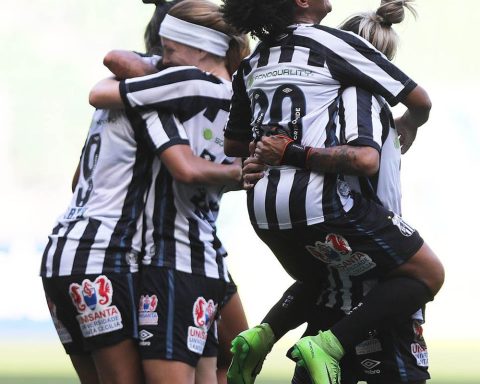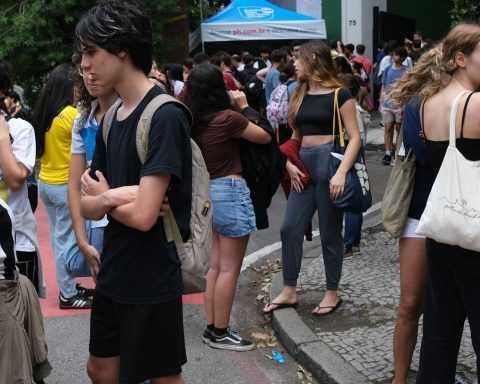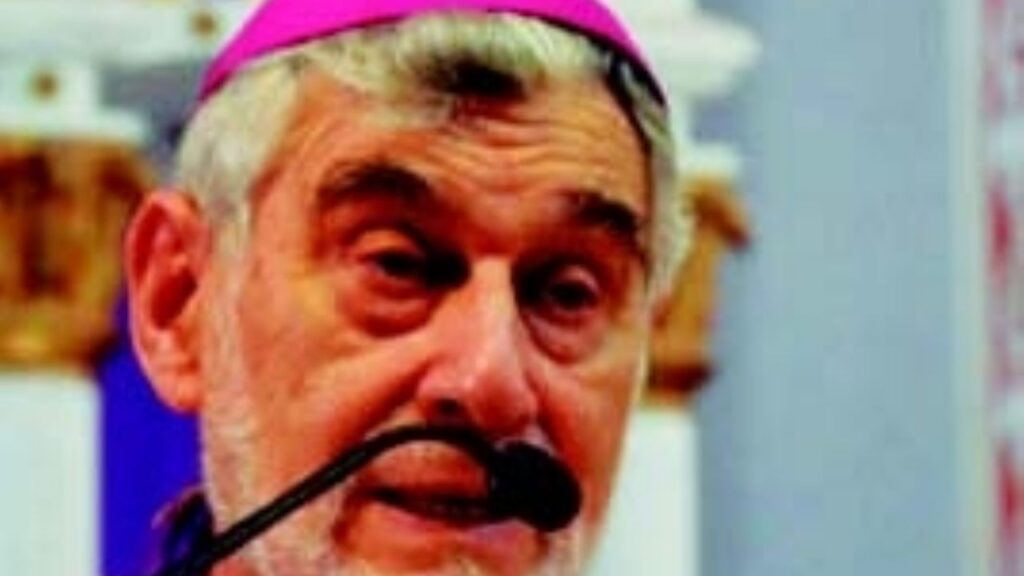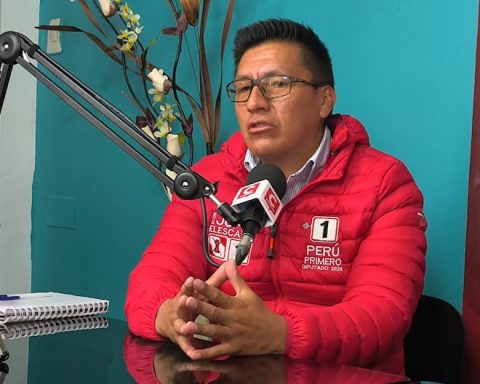The Brazilian Football Confederation (CBF) held an extraordinary general meeting this Monday (7) in which the rules that will govern the entity’s future electoral assemblies were defined. The meeting had the representation of the 27 state federations and the 20 clubs that are part of Serie A of the Brazilian Championship.
In the assembly it was approved (by unanimous vote): that the teams that are part of the Series B of the Brazilian Championship will be included in the Electoral College; that subscription by four member federations and four member clubs of the Electoral College will be required for the registration of candidates; and that the weight of votes will be three for state federations, two for Serie A clubs and one for Serie B clubs.
The meeting took place days after Judge Mário Cunha Olinto Filho, of the Court of Justice of Rio de Janeiro (TJ-RJ), ratified a Term of Conduct Adjustment (TAC) signed by the Public Ministry of the State of Rio de Janeiro (MPRJ) and by CBF. The agreement signed between CBF and MPRJ provided, within 30 working days, of assemblies to vote on the reform of the entity’s statute and define new presidencies and vice presidencies. The MPRJ’s counterpart will be to extinguish the public civil action that has been filed against the CBF since July 2017.
Historic
In the 2017 public civil action, the MPRJ maintains that the CBF made a “maneuver” to approve a new statute at the meeting on March 23 of that year, “without respecting the mandatory summons of the representatives of the Serie A clubs”, which would be in disagreement with the Pelé Law. The statute voted, according to the Rio de Janeiro Public Prosecutor’s Office, would have “differentiated vote valuation criteria, which prevents clubs from constituting a majority in elections”.
The 27 federations, the only ones to participate in that meeting, had the weight of votes tripled, reaching 81 votes together. The 20 clubs in the first division (weight two) and the 20 clubs in the second division (weight one) would only reach 60 votes. In 2018, based on the statute approved in March, Rogério Caboclo was elected president of the CBF, in an election questioned by the MPRJ. The leader, however, was permanently suspended from his position on February 24, due to the accusation of sexual harassment that had already removed him in September of last year.
On the 25th, Judge Mário Cunha Olinto Filho himself suspended, until April 25th, the process that determines the 2018 election, following a request from the CBF and the Rio de Janeiro Public Ministry. According to the TJ-RJ, the request was filed after the Superior Court of Justice (STJ) determined intervention in the entity, which led the International Football Federation (Fifa) to ask for “a detailed legal explanation of the specific consequences of that decision”. . FIFA establishes that affiliated associations must be managed “independently and without undue influence from third parties”, under penalty of sanctions, such as exclusion from the World Cup.
